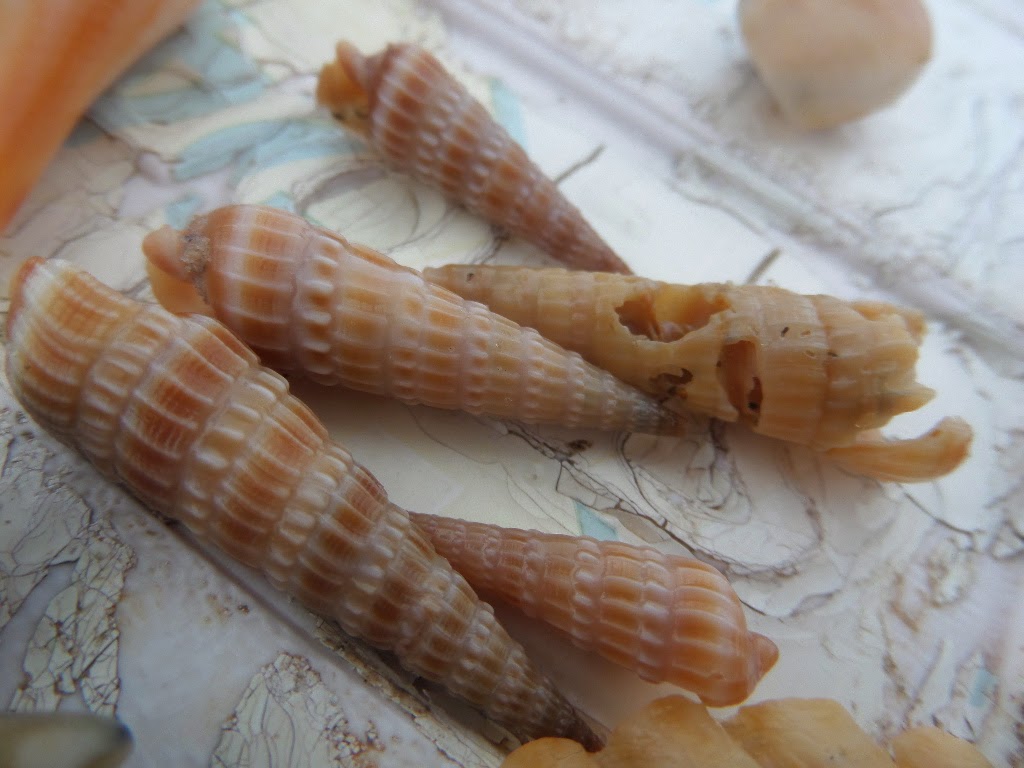When I was a young woman I learned to be afraid of the public school system. I was taught this in a variety of ways from a variety of people, from the time I was a school girl all the way into my 40s. People in my "group," my "tribe," convinced me in quiet ways and very vocal ways, that the American public school system was evil, and that at all costs I should try to keep my children out of it. I believed them.
I never attended public schools. I married a man who had attended nothing but public schools until he went to the private college where we met. He did not seem any worse for wear, but he freely admitted that he considered his academic training to be inferior. So we decided to homeschool. Or rather, I decided to homeschool, and he readily agreed with me.
I picked something to fear. Everyone does. Right now, various Americans consider quite a few entities to be Things to Fear:
All these fearful people have one thing in common: they're terrified, and they cannot be convinced otherwise. It takes a lot for people to change their minds about their fears. They have to admit their fears are unfounded, that they were wrong in their assessment. Then they have to accept the entity they used to fear, and see it as less harmful, perhaps harmless.
I could have saved our family a lot of grief if I hadn't been so afraid of the public school system, and so stubborn in my fear. Some of my kids might have been happier. They would have had more friends. I would have had more friends. We might have stayed settled in one place longer, and we certainly would have felt more a part of the community. Instead we slogged our way through two decades of homeschooling and various teaching stints at private schools. That wasn't all bad either, but we made educational decisions based on fear, which is never a good basis for decisions.
I didn't think I was afraid; I thought I was wise and well-informed. Perhaps the hardest traits in ourselves to admit are fear and stubbornness. When I find myself giving something a very wide berth, I must ask myself, "Am I afraid of it?" If the thing I'm afraid of it a large group of people, an organization, then almost always my fear is unfounded. It's too general. There's no way that all the individuals are evil, in a group of hundreds, or thousands, or tens of thousands of people. If I am afraid of an individual person, I also have to ask myself if my fear is valid, justified. If it is, then the appropriate response is forgiveness. Forgiving them is the only way to free myself of the damaging effects of my fear.
On social media, I see so much fear, but it is expressed in anger. Usually when people sound angry, they are actually afraid. I'd love to get rid of my fear because then I could feel contentment and peace again. Fear crushes love, and drives out peace, and eats away the soul of the fearful.































































